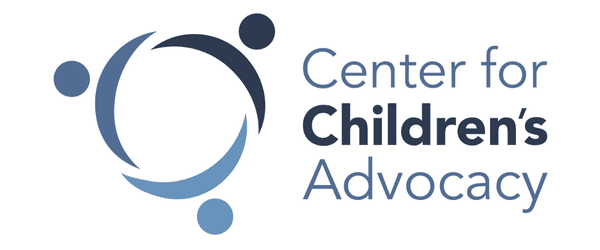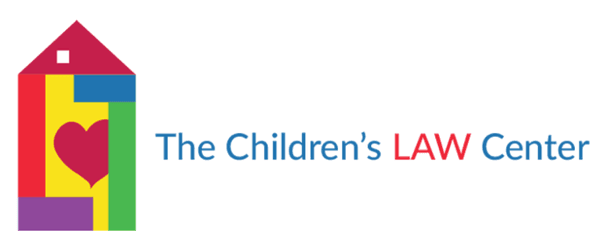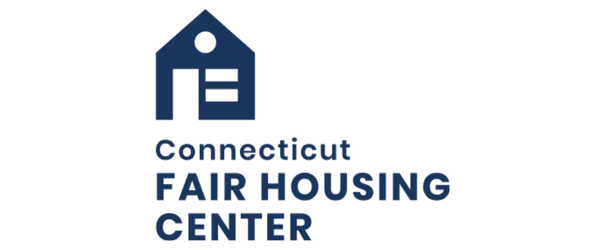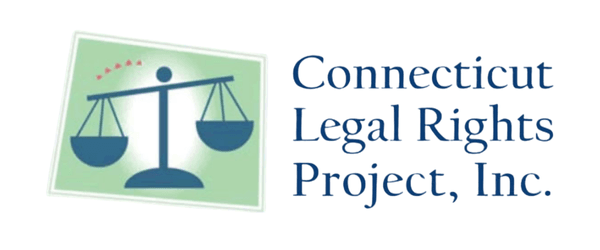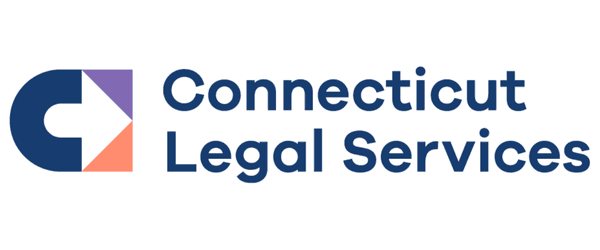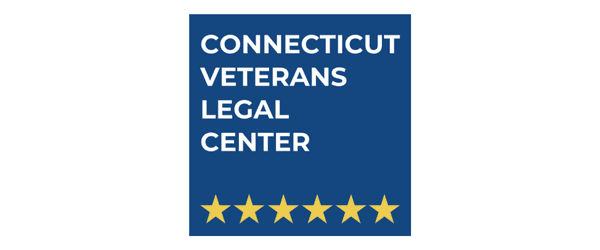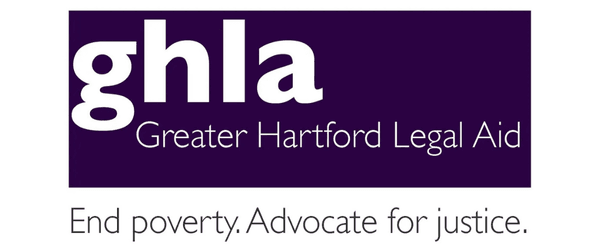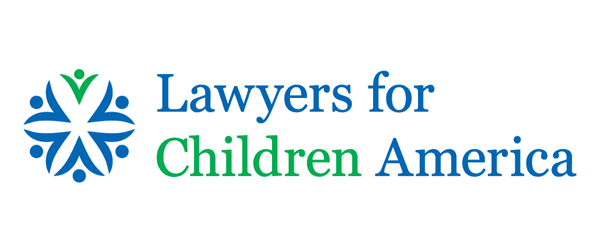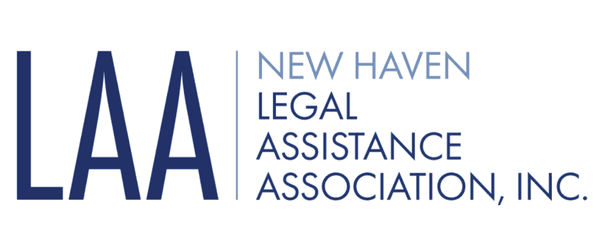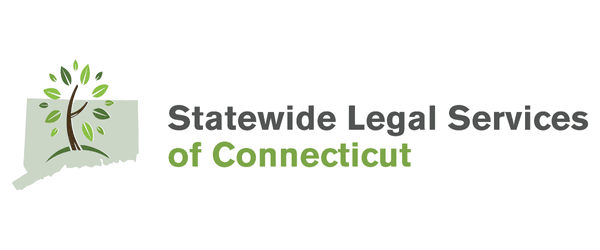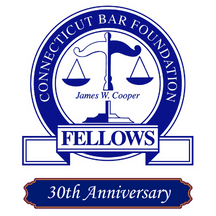
Fellows Spotlight
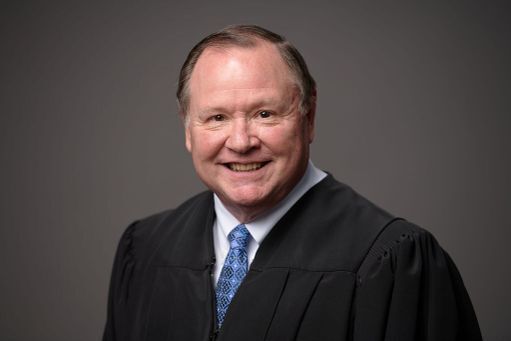
Hon. Barry F. Armata
Connecticut Superior Court
- Why did you choose the legal profession as a career?
I chose the legal profession to help people. I enjoy writing and reading, as well as learning about other people. Having acquired my BA in Sociology at Boston College, the study of people and trends I studied aligned with a legal career.
- What do you enjoy most about being an attorney?
I enjoy helping people resolve their problems and getting them to a solution. I find it fascinating to tap into an age-old legal profession that is always changing. Although we have precedent we rely on, there are always new cases that we need to adapt to, aligning the old and the new. I love my colleagues, clients, and being part of a larger legal community.
- What is the biggest challenge you have faced in the legal profession?
The biggest challenges I have faced in the legal profession is balancing my work and personal life, as well as balancing expectations of my clients. I also find it difficult to find time to think about what I am doing. As a family judge, I am always trying to find solutions to cases as fast as I can. There is little time to reflect on one’s action because there is a constant need to get things done.
- What do you like most about Connecticut?
I like Connecticut's political philosophy. I’m glad I’m in a state that’s very free in terms of thinking and appreciates diversity of ideas and cultures. I also enjoy living between Boston and New York, Connecticut’s diverse geography that ranges from beaches to mountains, and the four seasons.
- Please share any community service you have participated in and are most proud of.
First off, I do a lot of community service. I was on my town’s juvenile review board, helping kids who committed crimes by putting together members of the community to engage and talk with them. I also created the James W. Cooper Fellows Roundtables which is where Fellows will have dinners and talk about a topic in the backroom of a restaurant. We’ve done about 75 of them, discussing topics ranging from free speech, immigration, mental health, transgender, exiting and entering the legal profession, and more. I feel proud to take part in creating a forum of learning and discussion through these Roundtables.
- Why is the Fellows Program special to you?
The Fellows Program is so special to me because I had a judge who said, “I see something in you and you deserve to be a Fellow – would you apply?” The Fellows I’ve met have been inspirational and aspirational. They’re incredible people in their various crafts, and I’m very proud to belong and be associated with such an amazing group.
- Please share any favorite Fellows-related memory (an event, a fellow Fellow, etc.), or tell us about your favorite Fellows program/event/committee that you attended or worked on.
I was in-charge of a two-day seminar program that discussed opioids, where people would create committees during that year and then present their findings. The first day was incredible because as part of the learning experience I weaved in storytellers. At every break we had someone tell a story – someone who lost a family member to opioids, an addict, and a first-responder. They told their stories which made it very personalized. I loved working with US Attorney Vanessa Avery, Judge Cecil Thomas, Chief Justice Richard Robinson, and Maria Kahn who’s on the Second Circuit who helped put together the inaugural event for the Constance Baker Motley Series. Being in the room and having conversations with these people was mind-blowing and eye-opening.
- Do you have any thoughts about, or ideas or visions for, the future of the Fellows program?
I would just like these programs to keep going, whatever the topic is to keep things going. The discussions we have even help formulate paths to pass laws.

